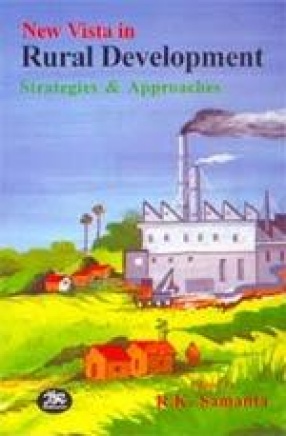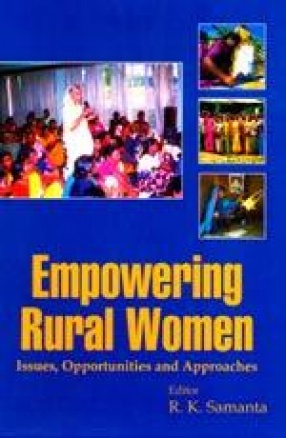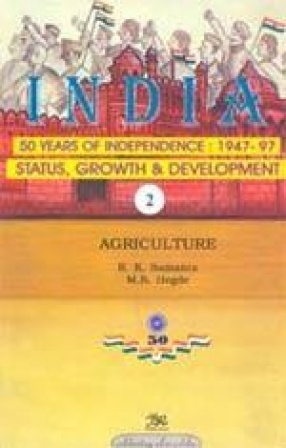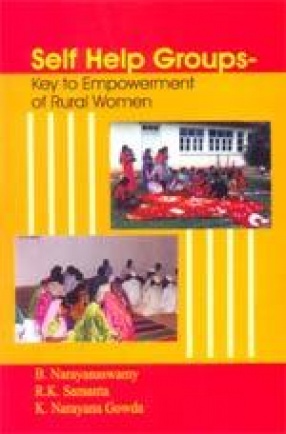
R.K. Samanta

Showing all 11 books



In the recent globalization process the agricultural scenario worldwide has changed, so has to agricultural education. The countries with agrarian economy no longer can ignore agriculture for its holistic development - social, educational, economic, technological and industrial. Agriculture not only helps provide livelihood security to vast majority of population but also sustains human development process. Therefore, the change is eminent and change has to be ...

The concept of change and development is a dynamic one apprehending each and every aspect of human existence. Development of any society stems from its integral socio-cultural process. It takes within its ambit the natural environment, social relations, education, production, consumption and welfare. The primary objective of development is to satisfy the essential material needs of the society, but not at the cost of local environment and people’s culture. ...

The book, Krishi Vigyan Kendra (KVK)-The Capacity Builder of Farmers provides a holistic view of approaches and avenues for building capacity of farmers to enable them to be in the mainstream of agriculture and rural development in the global village concept under free trade policy. Given that system-based and sustainable technologies like IPM and NRM, which are largely knowledge and skill-based, farmers’ managerial and technical abilities are put to severe ...

Rural development is to be seen as an exercise or movement to better the quality of life of rural people through ensuring sustainable household income and regular food security. Rural development must, therefore, be directed towards socio-economic and political transformation resulting in nation building. The innovative technologies and appropriate production inputs backed by improved and encouraging public and private support systems should be kept at the centre ...

In most of the developing countries today, more and more emphasis is laid on the need for development of women and their active participation in the main stream of development process. IT is also widely recognized that apart from managing household, bearing children, rural women bring income with productive activities ranging from traditional work in the fields to working in factories or running small and petty businesses. They have also proven that they can be ...

In the recent past, it has been observed that in many Asian Nations there is now a more rapid growth in economic prosperity than there has ever been in the so called developed nations. This results in major changes in agriculture and therefore agricultural extension also has to change. The present book Changing Role of Agricultural Extension in Asian Nations tries to help Managers of Agricultural Extension Organizations and Extension Scientists in Asian countries ...

India has made great strides in agricultural production after independence and particularly since 1960s following massive application of science and technology in the field of agriculture and its allied disciplines. The remarkable performance made during the ‘Green Revolution’ era has enhanced the status of India as one of the leading nations in the world so far as agricultural and economic development are concerned. The present volume consisting of six ...

All the developing nations of the world have one thing in common that is the continuous search for a workable and viable strategy for development to redress the problems of landblessness, poverty, high growth of population, unemployment, rural-urban drift and an unequitable distribution of food and income. To overcome these problems and to face these challenges ‘Development Communication’ is only hope and answer. Development Communication is ‘Communication ...


The established fact today is that national economic growth alone cannot curtail the growth of mass poverty. Over the decades, almost one-sided emphasis on economic achievements by national policy makers has set in motion a process of alarming socio-economic polarization and the deepening of social cleavages in rural areas. Past technocratic approaches to poverty alleviation have failed to produce expected results. Since the poor have become too numerous to be ...
